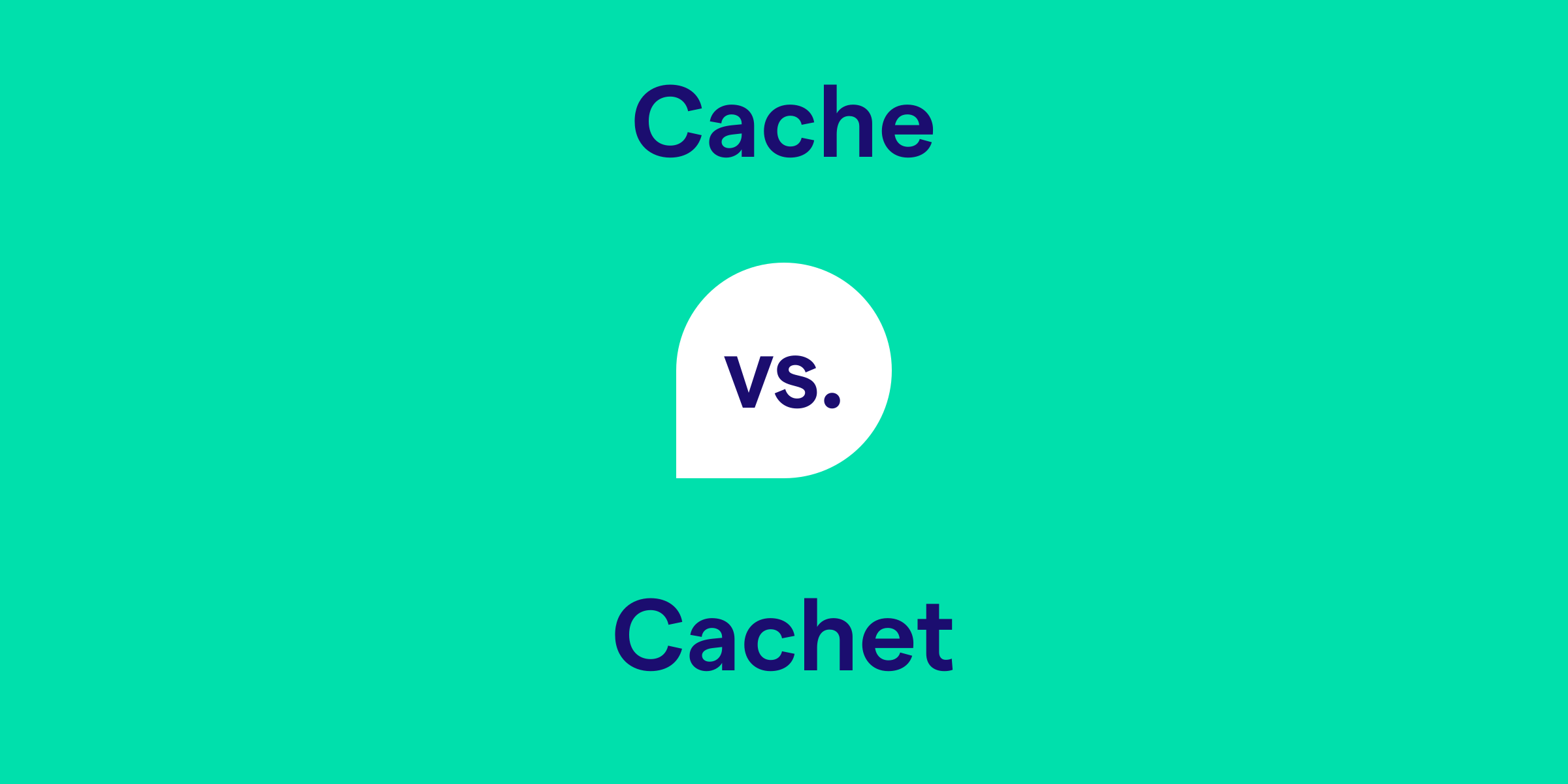Cache vs. Cachet: What's the Difference?.
Cache and cachet, while similar in pronunciation, carry distinct meanings. A cache refers to a collection of items stored in a hidden or inaccessible place, especially within the context of computing where it denotes storing data temporarily to improve access times. Cachet, on the other hand, is about prestige or a mark of quality, often associated with exclusivity or distinction in social or cultural terms.

How do you use the word cache in a sentence?
Cache is typically used as a noun to signify a hidden storage location. In computing, it describes a quick-access data storage layer that helps speed up retrieval of frequently accessed information. Outside of technology, cache may refer to a physical hiding place for valuables or supplies.
Examples of cache in a sentence
- The geocachers excitedly discovered a cache full of trinkets hidden beneath the old oak tree.
- To speed up the website's performance, developers implemented a more efficient cache system.
- Archaeologists were thrilled to uncover an ancient cache of coins, shedding light on the region's trading history.
How do you use the word cachet in a sentence?
Cachet is used as a noun that refers to the state of being respected or admired. It symbolizes a seal of approval, distinction, or an aspect of status. It is often employed when discussing the influence or appeal of people, brands, or objects within a sophisticated social context.
Examples of cachet in a sentence
- The brand's reputation for quality has given it a cachet that its competitors envy.
- An invitation to the exclusive gala adds a certain cachet to one's social standing.
- The old edition of the book held a special cachet for collectors due to its rarity.
Cache and cachet definition, parts of speech, and pronunciation
Cache definition:
Cache commonly refers to a hiding place for storing items or a memory storage area in computers where data can be retrieved quickly.
Cache parts of speech:
Cache pronunciation:
Cache is pronounced as /kaʃ/, rhyming with 'cash.'
Cachet definition:
Cachet signifies prestige, a mark of distinction, or the quality of being admired and respected.
Cachet parts of speech:
Cachet pronunciation:
Cachet is pronounced as /kaʃˈeɪ/ or /kæˈʃeɪ/, with a silent 't' at the end.
Cache commonly refers to a hiding place for storing items or a memory storage area in computers where data can be retrieved quickly.
Cache parts of speech:
- As a noun: The hidden cache contained valuable artifacts from the ancient civilization.
Cache pronunciation:
Cache is pronounced as /kaʃ/, rhyming with 'cash.'
Cachet definition:
Cachet signifies prestige, a mark of distinction, or the quality of being admired and respected.
Cachet parts of speech:
- As a noun: Her performance won the cachet of the critics and ensured her future success.
Cachet pronunciation:
Cachet is pronounced as /kaʃˈeɪ/ or /kæˈʃeɪ/, with a silent 't' at the end.
Cache vs. Cachet in a nutshell
Though cache and cachet share a similar sound, each term has its unique application. Cache is about storage, often hidden or used in technology to denote temporary data that can be quickly accessed. Cachet, distinct from storage themes, refers to an aura of prestige, a seal of quality that gives an air of exclusivity and high status. While one is focused on the functional aspect of storing objects or data, the other deals with social perception and value.
Get AI Writing Assistance Wherever You Type
Make sure your vocabulary is on point and every punctuation mark is in the right place, no matter where you’re working. Grammarly works across more than 1 million websites and apps so you can improve your writing without copying, pasting, or breaking focus.

More Commonly Confused Words
Interest piqued? Pore (not pour) over other commonly confused words to help your writing reach peak (not peek) performance.